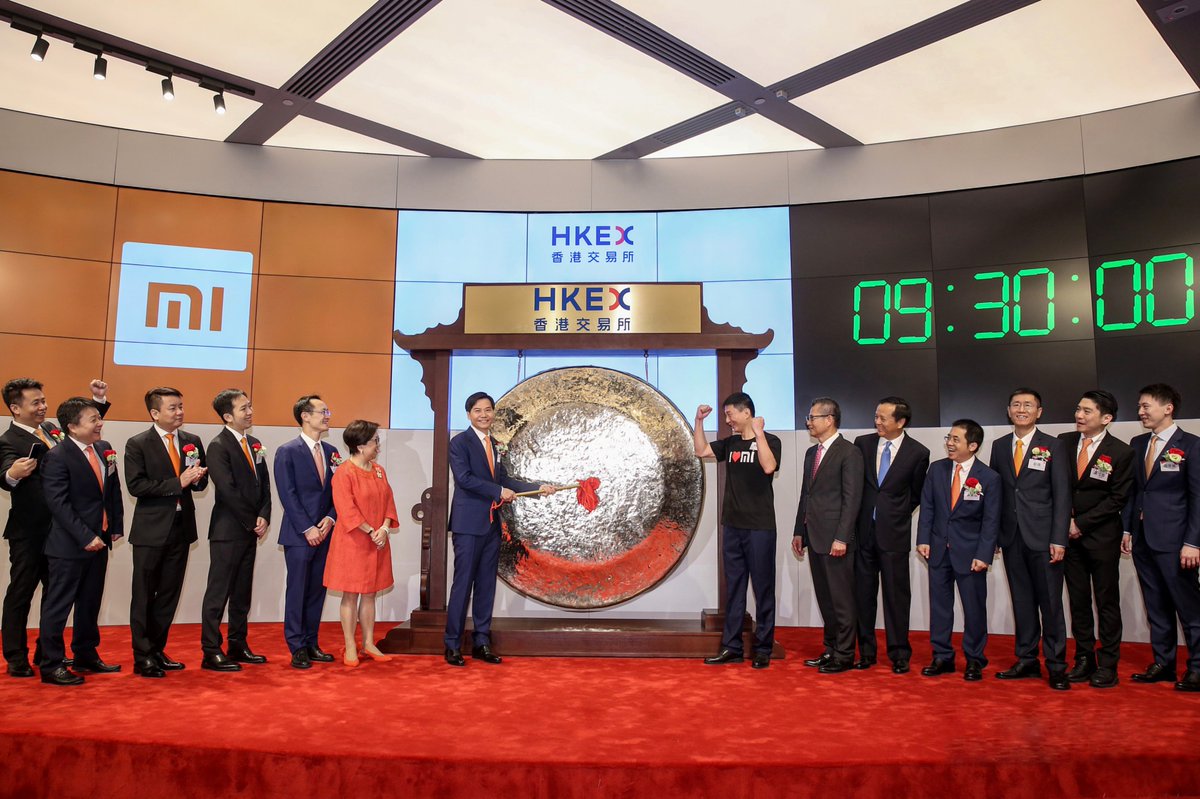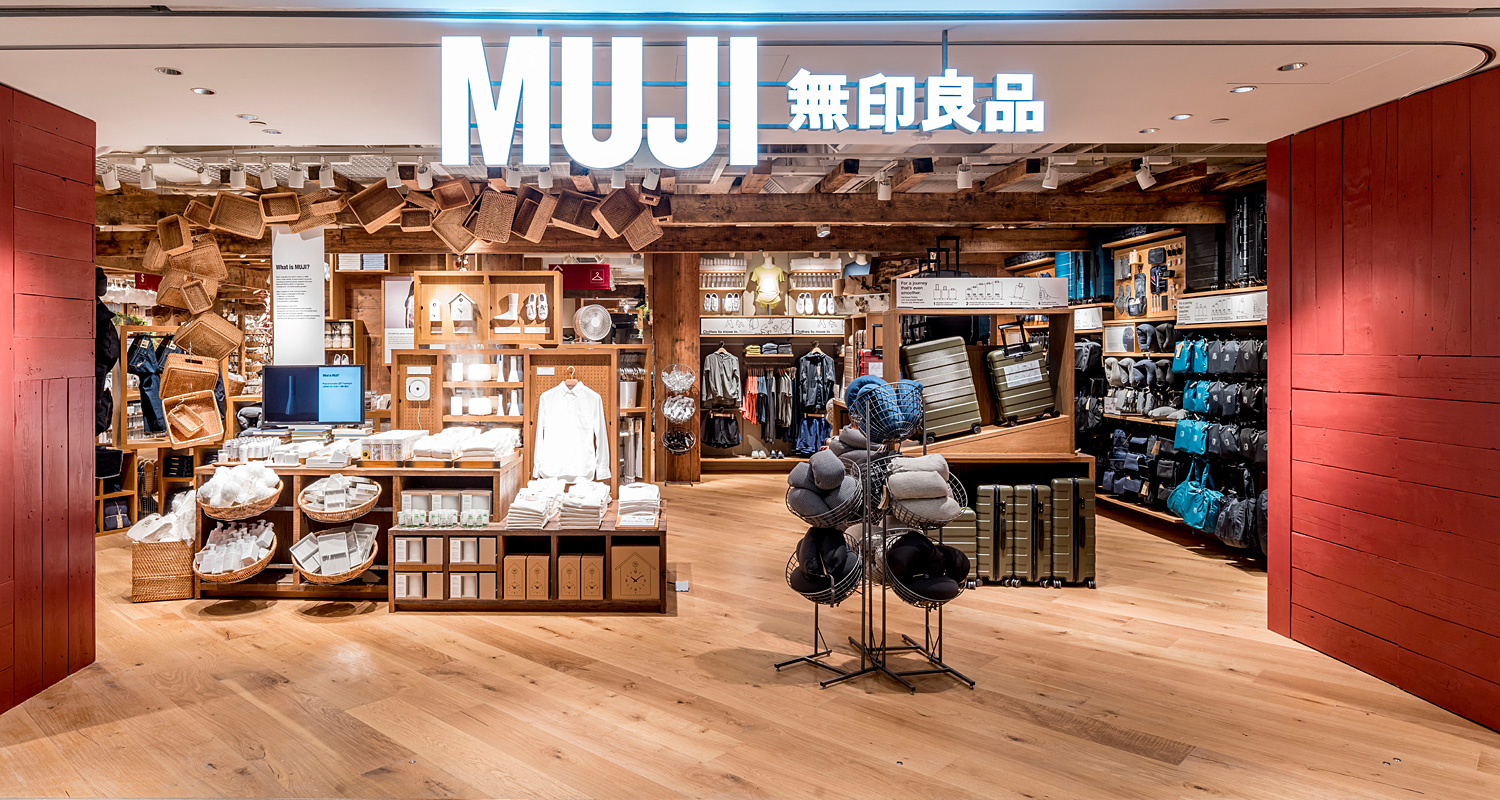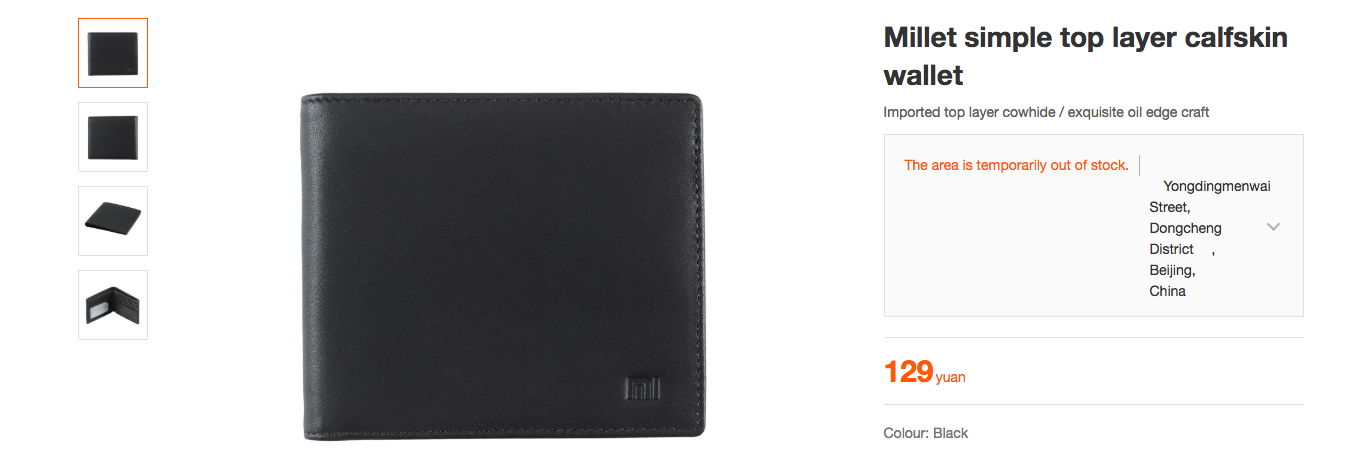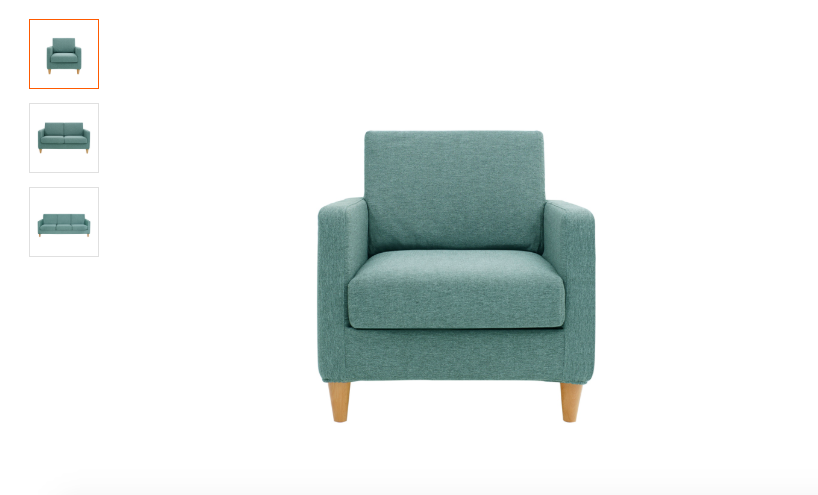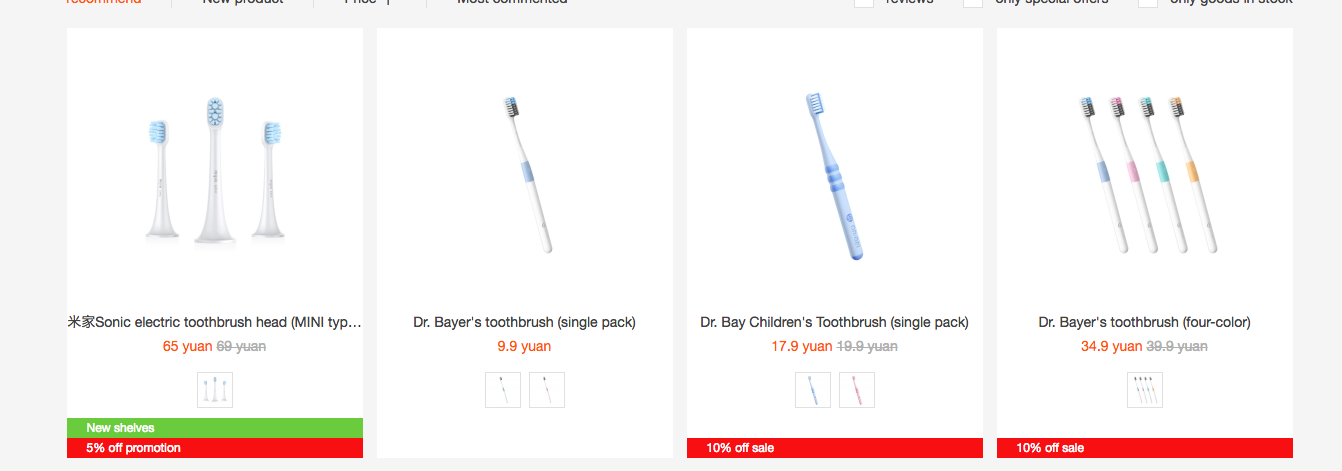As Xiaomi successfully gets listed on the Hong Kong stock exchange on July 9, questions about its future invariably arise.
Mention Xiaomi, and most Singaporeans will invariably think of one of its many phones, or their notepads.
This is because Chinese-designed phones are becoming increasingly popular with Singaporeans. A report stated that one in five smartphones sold in Singapore in 2017 belongs to a Chinese firm.
But despite the many associations with Apple, I mean just take a look at these search results.
Xiaomi might actually be gunning for an entirely different design-centric, minimalist establishment instead.
Muji
That's right, Muji, the Japanese retail shop that you walk around when you want to look kinda cultured.
How are they planning to do it?
According to Quartz, the company is rapidly dipping their toes into the non-tech market.
The phone maker's first few forays into expansion consisted of related tech products such as drones.
But the non-tech products are starting to pile up.
Like, REALLY non-tech products.
A surprising source of inspiration for the tech giant comes in the elegant, simple form of Muji, the popular Japan retail company, as the CEO of Muji revealed.
"We are to be the MUJI in science and technology sector with high quality, high value, cost-effectiveness, and a variety of products. We do offline retail with the Internet technology and methodology."
The non-tech products aren't actually produced by Xiaomi itself, but rather third party suppliers, who then adopt the Xiaomi brand for their products.
This unwillingness to be pigeonholed is a sentiment that has been expressed before by Lei Jun.
"You shouldn’t think of Xiaomi as a hardware company, or an internet company, or an e-commerce company. We are the rare company that can do hardware, and do internet, and do e-commerce. This sort of company basically has not existed before,”
And they have definitely followed through on that promise.
They have already set up hundreds of Mi stores in China, retail stores that offer pretty much everything from towels to sofas.
They also recently set up a Mi experience store in India, which not only offers retail products like regular Mi stores, but provide an opportunity for Indian consumers to decide what future Xiaomi products will be available there in the future.
In the same article by Quartz, they hypothesise the reason for Xiaomi branching out to such vastly differing products.
"What will this mean for Xiaomi’s bottom line? It’s possible that Xiaomi is attempting to become a retailer that cultivates loyal fans—or Mi Fans, as it likes to call them, a play on the Chinese for “rice noodles”—who return to its stores regularly for more purchases, whether that be for a new phone, a new drone, or a new toothbrush."
And based on how well they have been received in burgeoning markets like India, that might actually be an incredibly viable play.
Who knew.
[related_story]
Top image via Xiaomi's Twitter
If you like what you read, follow us on Facebook, Instagram, Twitter and Telegram to get the latest updates.
